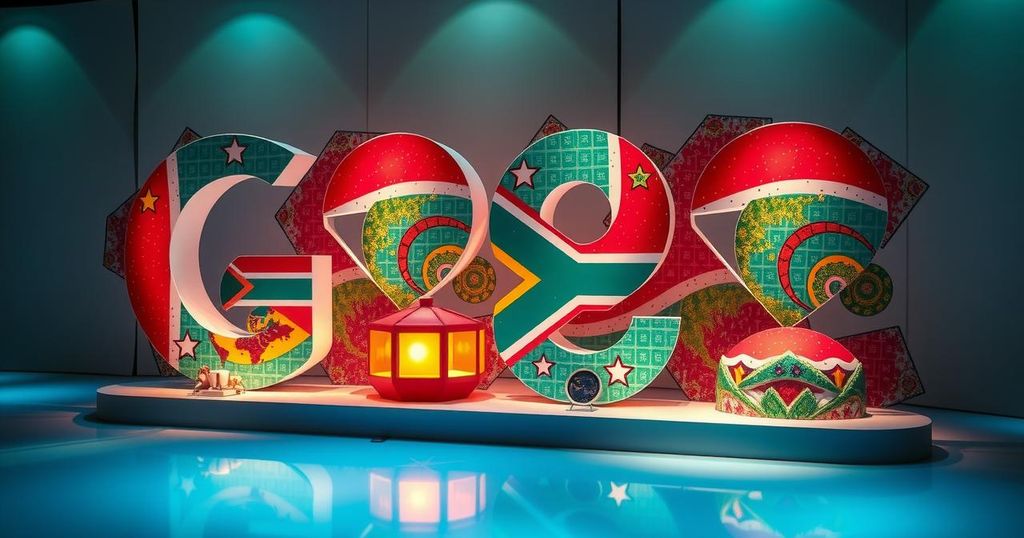South Africa has become the first African nation to assume the G20 presidency, with President Cyril Ramaphosa prioritizing climate change, debt relief, and economic transformation. He aims to leverage African mineral resources for growth, navigate geopolitical conflicts, and advocate for equitable policies amid US-China tensions.
South Africa has proudly taken on the G20 presidency, marking a significant milestone as the first African nation to lead this influential group. President Cyril Ramaphosa has unveiled an ambitious agenda that places a strong emphasis on combating climate change, facilitating debt relief, and fostering economic transformation across the continent. A key aspect of Ramaphosa’s strategy involves harnessing Africa’s critical mineral resources, particularly cobalt sourced from the Democratic Republic of the Congo, to bolster growth and development initiatives.
In addition to these pressing matters, South Africa, as the continent’s largest economy, aims to navigate the complex landscape of competing global interests. This includes addressing the divisive geopolitical conflicts exemplified by the ongoing situation in Ukraine. Analysts indicate that Ramaphosa’s emphasis on building consensus—evident in his past efforts during the formulation of South Africa’s 1996 constitution and his role in hosting the 2023 BRICS summit—will be crucial in steering the G20 towards collaborative outcomes.
Nonetheless, Ramaphosa’s diplomatic skills will face challenges amidst escalating tensions between the United States and China, increasing protectionist tendencies, and Africa’s quest for equitable treatment in the global arena. The ability to mediate between diverging interests while advocating for Africa’s voice will be essential during his presidency.
The G20 is an international forum that brings together the world’s major economies to discuss and address global issues. As the first African nation to hold the presidency, South Africa’s leadership is seen as an opportunity to spotlight pressing concerns faced by the continent, particularly in light of its unique socio-economic challenges. The G20 presidency presents South Africa with a platform to push for policies that align with Africa’s sustainable development goals while addressing larger global concerns like climate change and economic inequality. The ongoing geopolitical tensions and rising protectionism also complicate the international landscape, necessitating skilled leadership to navigate these complexities.
In conclusion, South Africa’s presidency of the G20 under President Cyril Ramaphosa presents a pivotal opportunity to advocate for critical issues affecting both Africa and the global community. The president’s dedication to climate change, economic transformation, and fostering consensus amidst geopolitical challenges demonstrates a proactive approach. However, the effectiveness of his leadership will largely depend on his ability to address the competing interests of major world powers while ensuring that Africa’s voice is heard and prioritized.
Original Source: iafrica.com






